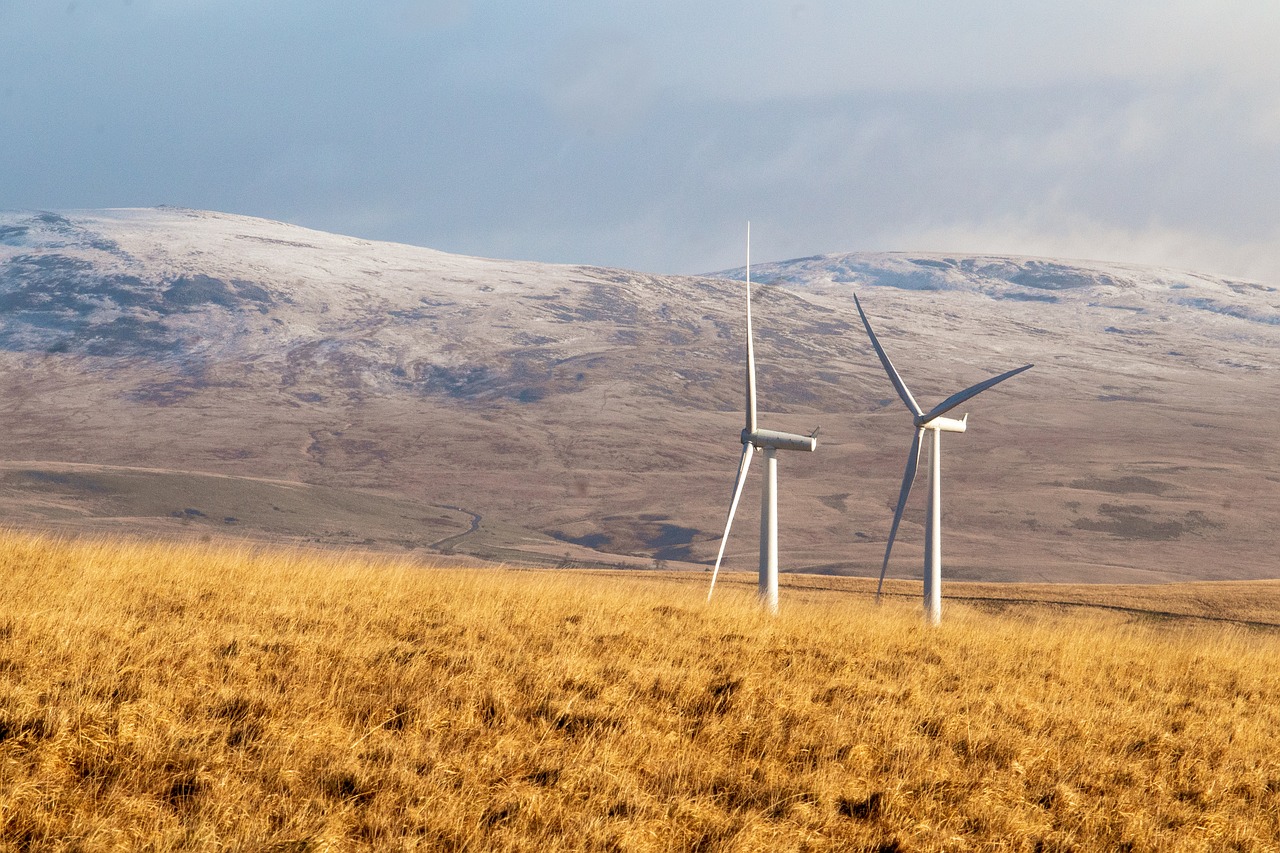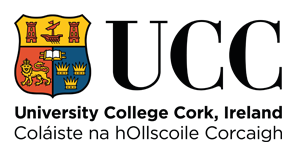This research partnership seeks to develop and build synergies between Dutch Research Institute for Transitions (DRIFT), Erasmus University of Rotterdam and MaREI Centre, University College Cork with relation to Sustainability Transitions and Engaged Research.
A local CityLabs workshop was held in Cork in June 2021 on the theme of 'Shaping the Future of Marine and Maritime Communities'. From this multi-stakeholder workshop a range of different priority challenges emerged across a number of discussion topics. Some of the priority challenges and wider conclusions of the workshop have informed the development of transnatioanl engaged research collaboration. These include; enabling communities to participate in climate action effectively, nurturing social cohesion, the need for openness and transparency in community engagement and a commitment to long-term community engagement.
The collaboration between post-doctoral researcher Dr. Evan Boyle (Cork) and assistant professor Dr. Julia Wittmayer (Rotterdam) builds learning between the two research centres in the space of energy transition research.
This is done through:
- The organisation of an online event inviting speakers to present on engaged research methods for sustainability transitions from both EUR/Drift and UCC/MaREI. As a first step, this sought to build initial linkages between similar projects across the two institutes.
- Co-Author a research paper investigating roles, actors and agency within deliberative processes for climate infrastructure development. This will seek to build upon expertise within DRIFT related to investigations related to actors, roles and agency within sustainability transitions more broadly (in Draft).
- Organisation of CityLab event on socio-technical opportunities related to European renewable deployment with 3 panelists and a workshop attended by 15+ European researchers.
- Co-authorship of paper related to process and outcome of CityLab event (in Draft).
The joint workshop 'Socio-Economic participation and benefit in renewable energy infrastructure in Europe; achieving a just transition' was held in November 2022.
As Europe is on a policy pathway to decarbonise its energy system and within this, increased citizen participation is recognised as important in order to achieve a just transition. A panel discussion provided insights on three distinct examples of citizen participation in energy transition processes. The workshop sought to help us draw out different examples of socio-economic benefits of public involvement in practice, as a means through which to further understand the diverse range of approaches, working towards a more unified understanding of how these processes fit within a just transition framing.






